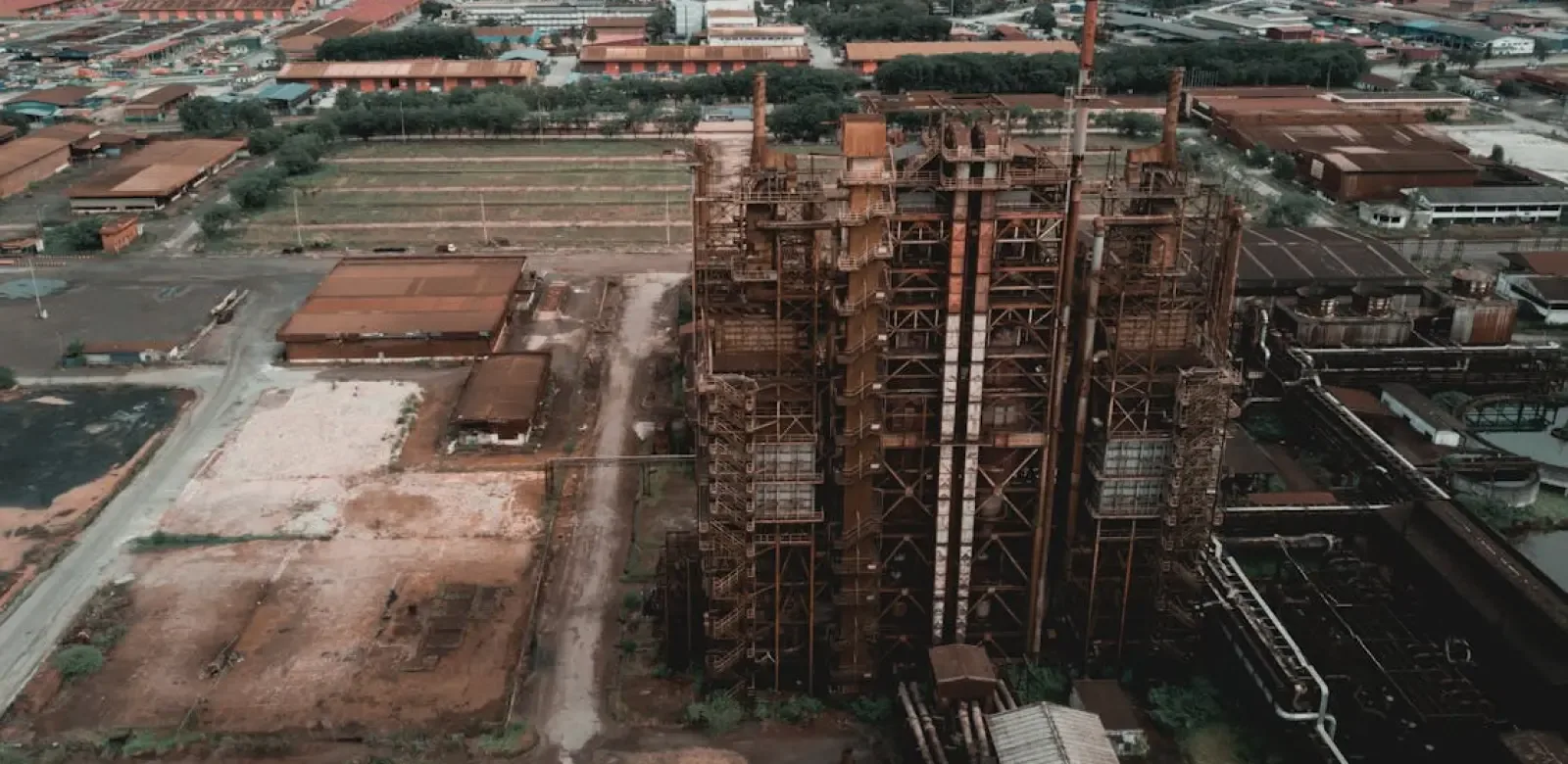The components of a Building Management System include sensors, actuators, controllers, software interfaces, and a centralized management platform. Sensors collect data on temperature, humidity, occupancy, energy usage, and other environmental factors, while actuators control equipment such as valves, dampers, motors, and lights based on predefined rules and schedules. The centralized management platform allows facility managers to monitor building performance in real-time, analyze historical data, remotely adjust settings, and generate reports to optimize operations and maintenance activities. The benefits of BMS include improved energy efficiency and sustainability, reduced operating costs, proactive maintenance, enhanced occupant comfort and productivity, and compliance with regulatory requirements. BMS is essential for modern buildings seeking to optimize performance, minimize environmental impact, and meet the evolving needs of occupants and stakeholders.





